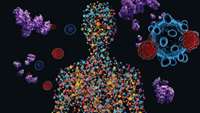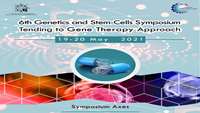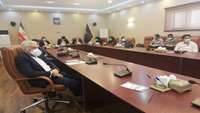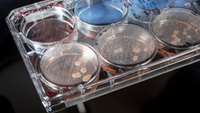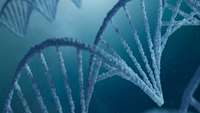Transition to exhaustion: Clues for cancer immunotherapy
Research on immune cells "exhausted" by chronic viral infection provides clues on how to refine cancer immunotherapy. The results are scheduled for publication in Immunity.
Humanized skeletal muscle inMYF5/MYOD/MYF6-null pig embryos
Because post-mortem human skeletal muscle is not viable, autologous muscle grafts are typically required in tissue reconstruction after muscle loss due to disease or injury. However, the use of autologous tissue often leads to donor-site morbidity.
Sixth Symposium on Genetics and Stem Cells with Gene Therapy Approach
The Council for Development of Stem Cell Science and Technology of the Vice-Presidency for Science and Technology, in cooperation with Tehran University of Medical Sciences, is proud to announce the virtual holding of the sixth symposium on genetics and stem cells with the gene therapy approach to the participants of this technology
A potentially safer, more effective gene therapy vector for blood disorders
Researchers at Children's Hospital of Philadelphia (CHOP) have developed a gene therapy vector for blood disorders like sickle cell disease and beta-thalassemia that is potentially safer and more effective than those currently used in gene therapy trials for those conditions.


